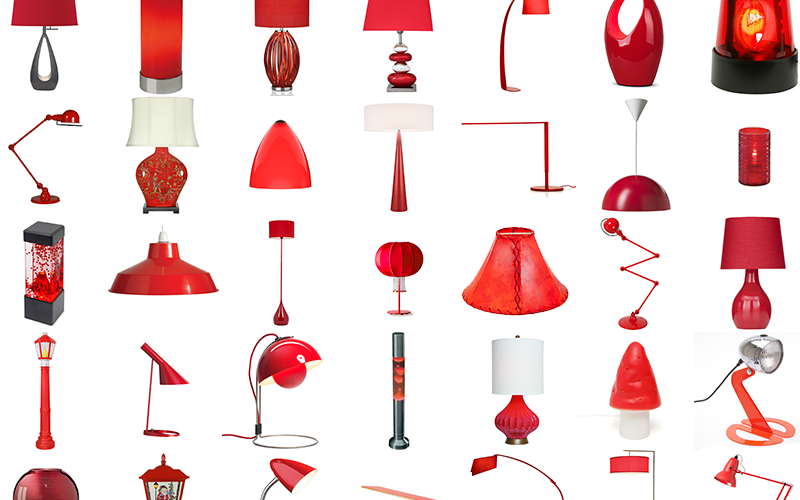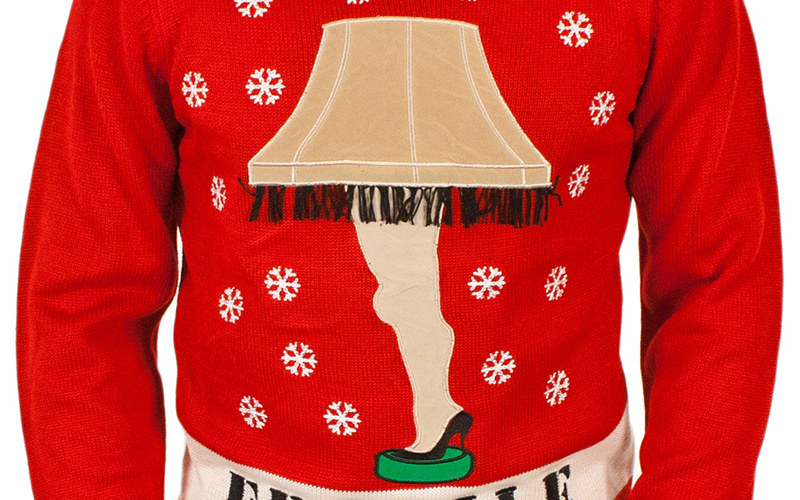PKU MBA Deep Dive: Merry Christmas (… and How to Pick a Red Lamp)
Dear Beijingers,
Despite some smoggy days, overly crowded spaces and other small annoyances, Beijing is a wonderful place to live. No matter what you’re looking for, there are almost certainly countless options from which to choose – five minutes on Taobao or a stroll through Gulou can attest to that. And while I can’t possibly state all the reasons why I appreciate this city, local businesses and their owners certainly deserve mention.
Local Haunts
Our city is blessed with a wide variety of delightful local businesses into which kind, thoughtful and dedicated entrepreneurs – both locals and expats alike – have poured so much time, love and energy. I realized that these local business owners, who have so impacted my life here, might not have the time or energy to regularly read scholarly marketing research journals! So I decided that I would take on the burden of feathering through journals and interviewing researchers to produce a short summary of the expert consensus.
I dutifully turned my attention to something that everyone deals with on a daily basis: decision-making. Specifically, how we make choices; how our mindset can aid or obstruct when choosing from a large assortment of products.

Case Study: Picking the Perfect Red Lamp
I, like many people, often feel overwhelmed when shopping. I used to tell myself (and anyone who would listen) that I just didn’t like shopping. But, you know, I never stopped to ask Why. Was it because of lingering feelings of anti-consumerism? Or was it because I was a cheap bastard who never wanted to spend a dime? Perhaps it was because I was simply bad at it?
I remember once, walking around Cuiwei Plaza looking for a red lamp. Amazingly, I had found at least a dozen or so suitable options. At first I thought myself lucky but, you know, it was actually really difficult for me to choose one. Did I want the tall one; the round one; the one with that funky button? I really couldn’t decide; each one was special in its own right. So I decided to leave, lampless.

I’m sure that many of you have experienced something similar; be it while picking a place to eat or shopping for a gift for your loved ones. What this highlights is that, while there is obvious value in having access to many different options, it isn’t all positive. Though it may seem counter-intuitive, research has shown that facing many different options can have a negative impact on choice and satisfaction because people often experience what is known as a “choice overload” effect. Choosing can require making tradeoffs and comparisons among competing features and benefits, and so, as the number of options increases, so too do the internal conflicts. However, more recent evidence suggests that choosing from a larger pool of options does not necessarily make the decision more difficult. Rather, it seems that our ability to choose varies according to how we register and process information. At issue is what is referred to as our varying levels of abstraction.

Abstract and Concrete
People tend to perceive things at different levels of abstraction. For instance, someone engaged in lower abstraction focuses on the concrete features and details – say, a particular red lamp’s finish – while someone engaging in higher abstraction tends towards high-order purposes – having light.
The consequence of this is that, when faced with choosing from a large pool of items, someone with a more concrete view (lower abstraction) will perceive items as less similar than someone with an abstract view (higher abstraction). As the perceived similarity between objects decreases, choosing becomes more difficult as it requires more comparisons and trade-offs. All red lamps are essentially the same if you’re thinking solely about how they all shine line. But if you start thinking about each lamp’s unique characteristics, you’ll need to make far more tradeoffs and comparisons as more options are presented.
To state it another way, when faced with an ever-increasing number of options, people experience less difficulty in making decisions when adopting an abstract view, as compared to a concrete one. This is particularly important to understand today as we are faced with more options, in all facets of our lives, than ever before.

How and Why
This notion holds true when considering how things are presented to us. If, say, four red lamps are presented to me with emphasis placed on their unique shapes (lower abstraction), choosing one becomes more difficult than if these same lamps were presented by emphasizing that they produce ambient light (higher abstraction). This is because we, as people, are not locked into one way of thinking. We can be encouraged – by ourselves, by others and by our environment – to perceive things abstractly or concretely, depending on the cues.
And it doesn’t take much.
Just asking me to think How I can shift my focus to lower-level features. In contrast, asking me Why I can shift my mind to higher-level goals. In-store communications that make me think about Why I want a red lamp, rather than How I want my red lamp to look, to feel, or to be, will shift my attention to higher-level goals. This will make it easier for me to choose and feel satisfied because the lamps will seem more similar. As counter-intuitive as this sounds, choosing from red lamps that I perceive as being more similar lessens my internal struggle as I engage is less comparisons and trade-offs. And the easier a decision is for me to make, the more likely I am to make it.
That lamp is mine.

Merry Christmas, Everyone.
If any of you would like any clarifications as to how these ideas and notions were conceived and tested, please leave your question in the comments! And a sincere thank you to 徐菁老师, vice director of the Behavioral Science Lab at Peking University, Guanghua School of Management and ground-breaking marketing researcher, for her help with this topic.

This has been the second in a series of deep dives conducted by the Peking University Guanghua School of Management MBA program. The first, exploring the problems with recycling in Beijing, can be read here. At Peking University, we emphasize that business in China is more than just management skills. Explore. Discover. China. Learn more at mba.pku.edu.cn/english or read our brochure. Follow us on Twitter, Facebook, LinkedIN and Instagram.
Photos courtesy of the Guanghua School of Management

